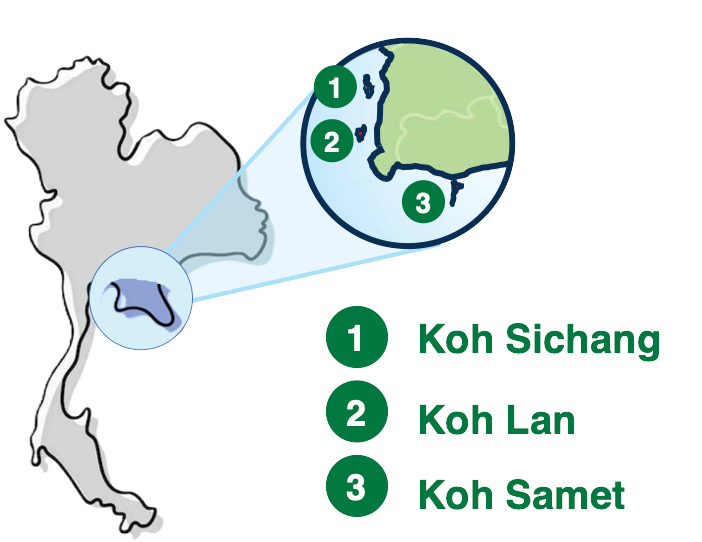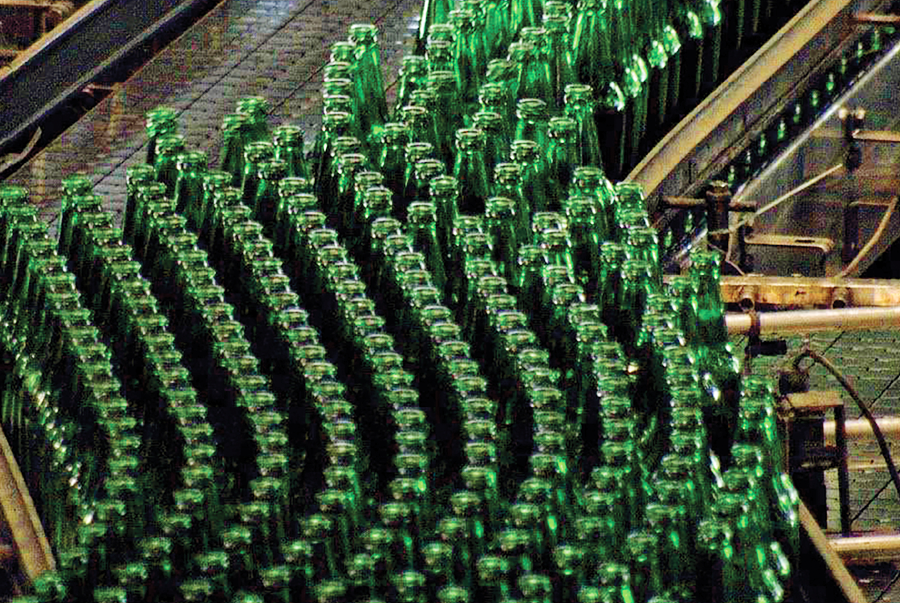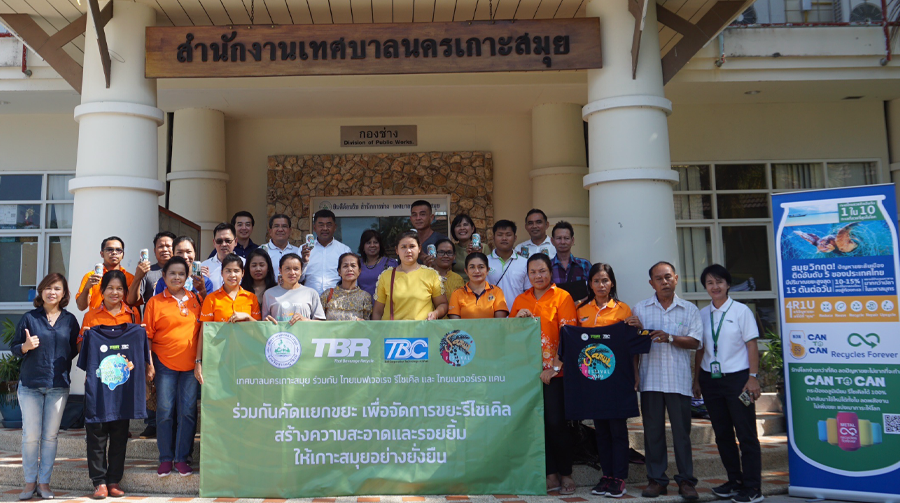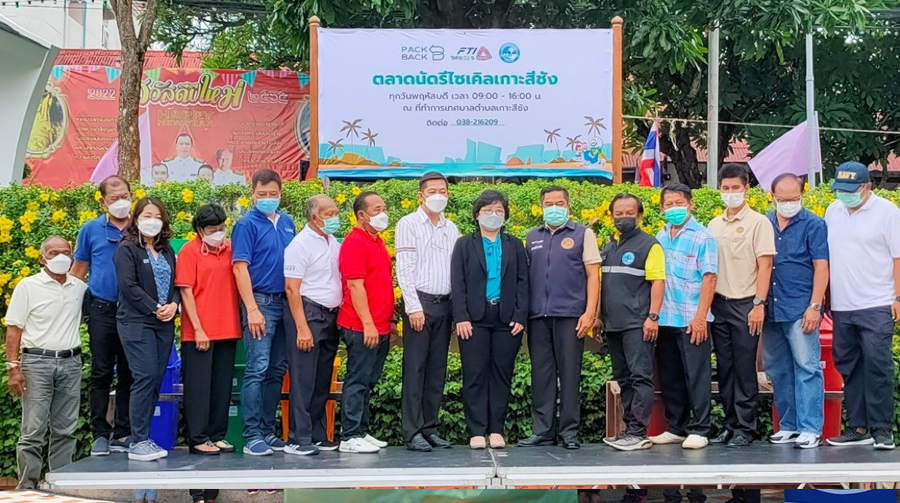
Apply the circular economy principle into our end-to-end
packaging life cycle from packaging development to recovering used packaging materials to be
returned into production stream

Collaborate with our supplier to create more environmentally
friendly products.
Encourage our consumers to take part in reducing packaging waste.
THESE FACTORS ARE TAKEN INTO CONSIDERATION FOR THE DEVELOPMENT OF CORPORATE PACKAGING STRATEGY

NATURAL RESOURCE

ENVIRONMENTAL IMPACTS

OPERATIONAL COST
Thai Beverage Recycle (TBR), a ThaiBev subsidiary, is dedicated to managing post-consumption packaging. TBR also works with the provincial authority on Koh Samui and local scrappers/recycling stores to make possible the “Samui Model Project”. Local community and consumers on the island are thereby encouraged to participate in addressing the island’s garbage problem, and income is distributed to the community.
TBR is able to retrieve more than 100% of used glass bottles and cullet, compared the amount of our products that had been sold on the island, while generating nearly 9 million baht worth of income for the local community.

TBR is planning to extend the island model to cover Koh Sichang, Koh Lan and Koh Samet.

Recently, TBR has implemented the island model on Koh Si Chang, Chonburi Province. Previously, the island could sell glass packaging only in the form of cullet, which has a lower value. TBR worked with local authorities and communities to come up with a model that allows local collectors to sell and transport used glass bottles, currently more than 10 tons, and increased the revenue going to local communities by 90%.
GLASS SOLD ON SAMUI ISLAND RETRIEVED & RETURNED TO PRODUCTION STREAM, compared the amount of our products that had been sold on the island
- Health hazard from broken glass on beach
- Saves Natural Resources
- Reduce the energy required to produce new glass bottles
- Reduce cost of the landfill waste management
- Avoided damage to marine ecosystem.
Increased public awareness of enviromental issues
 |
of post-consumption packaging retrieved (Glass bottles, Paper, PET bottles, Aluminum cans) |
 |
Incremental income from selling post-consumption packaging is estimated to
in 2023 |
 |
10% extra cullet results in a 2.5 to 3% reduction of furnace energy consumption |
 |
Avoided GHG emissions of tCO2e
from reuse and recycling glass bottles in 2023 |













